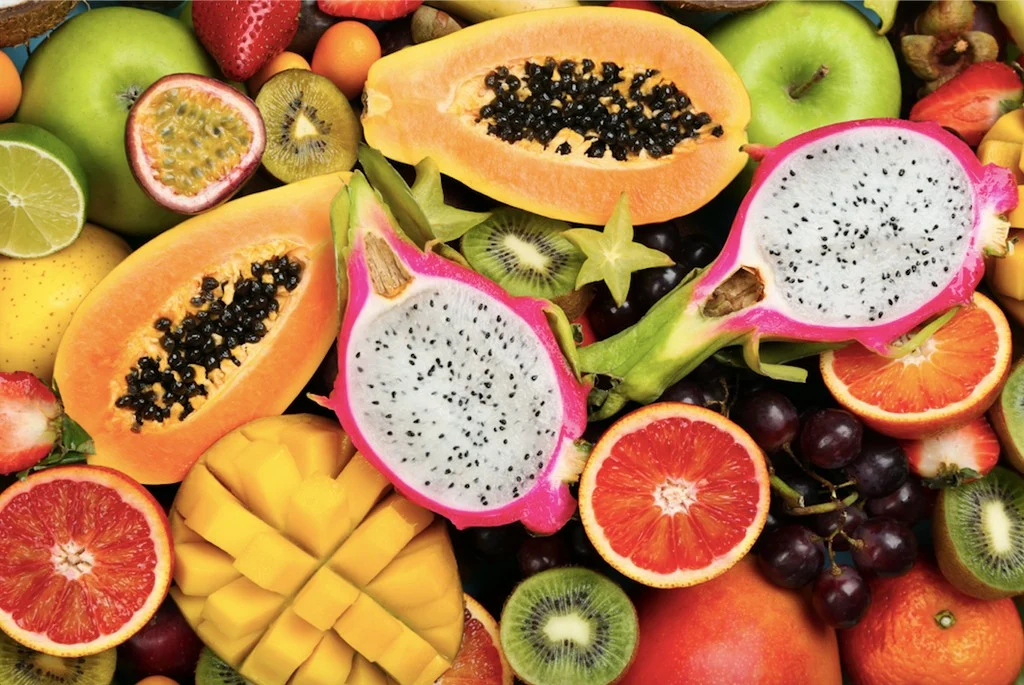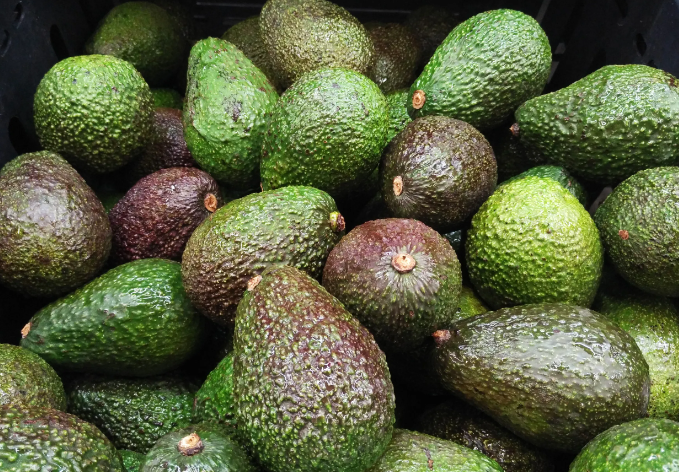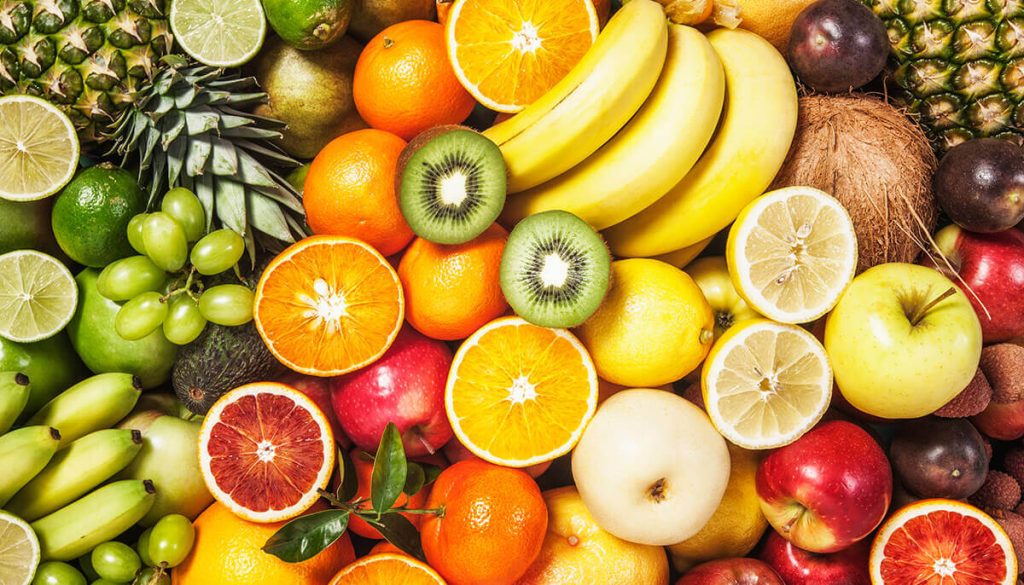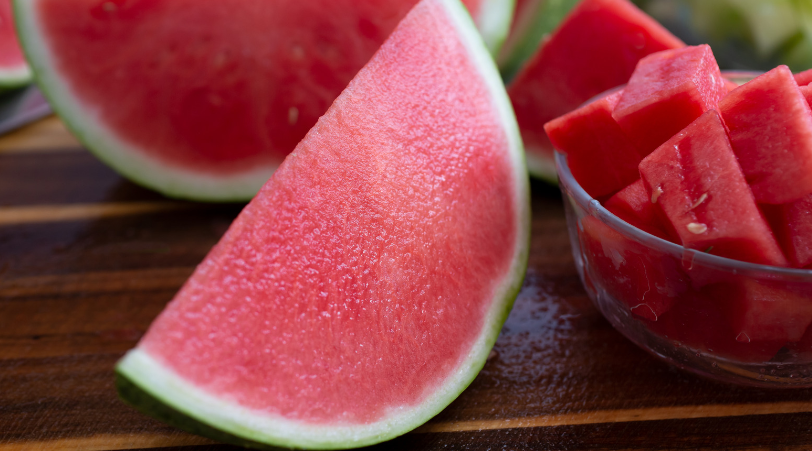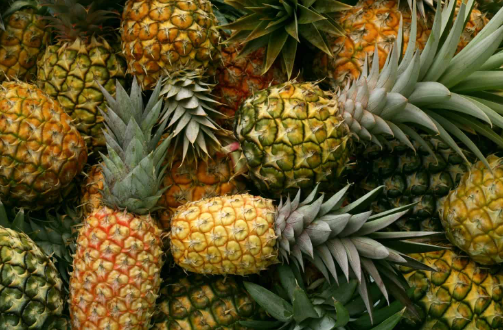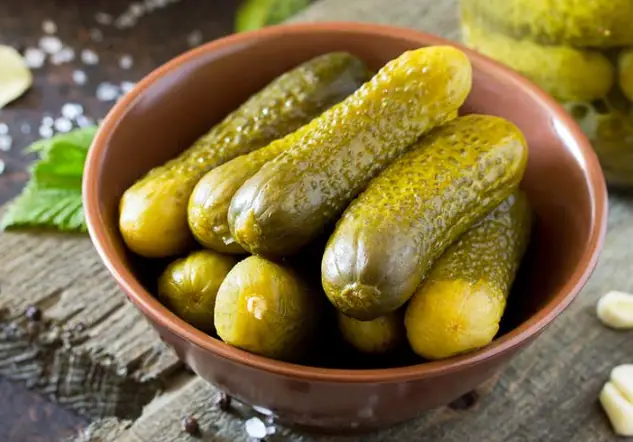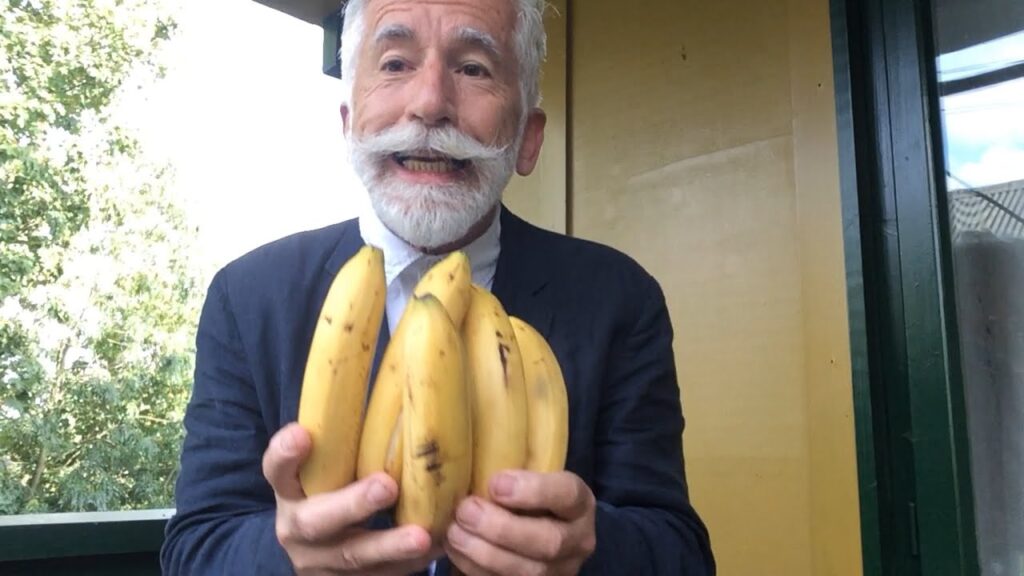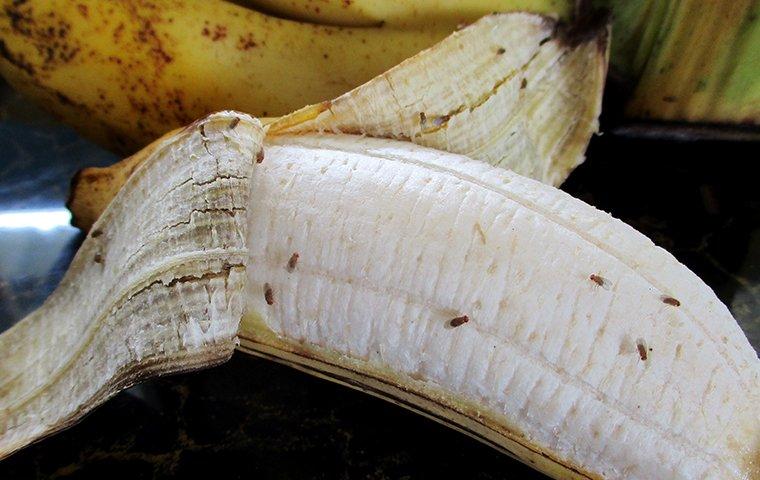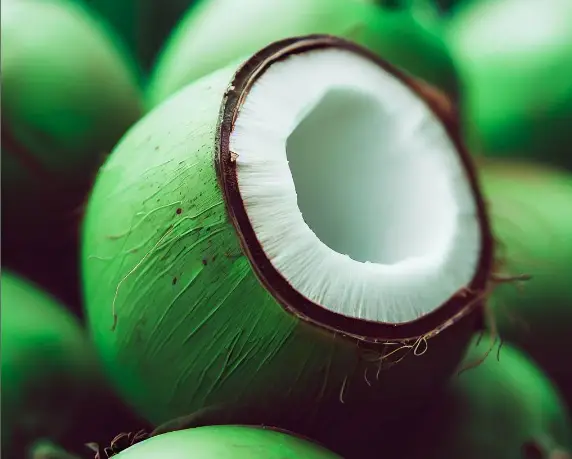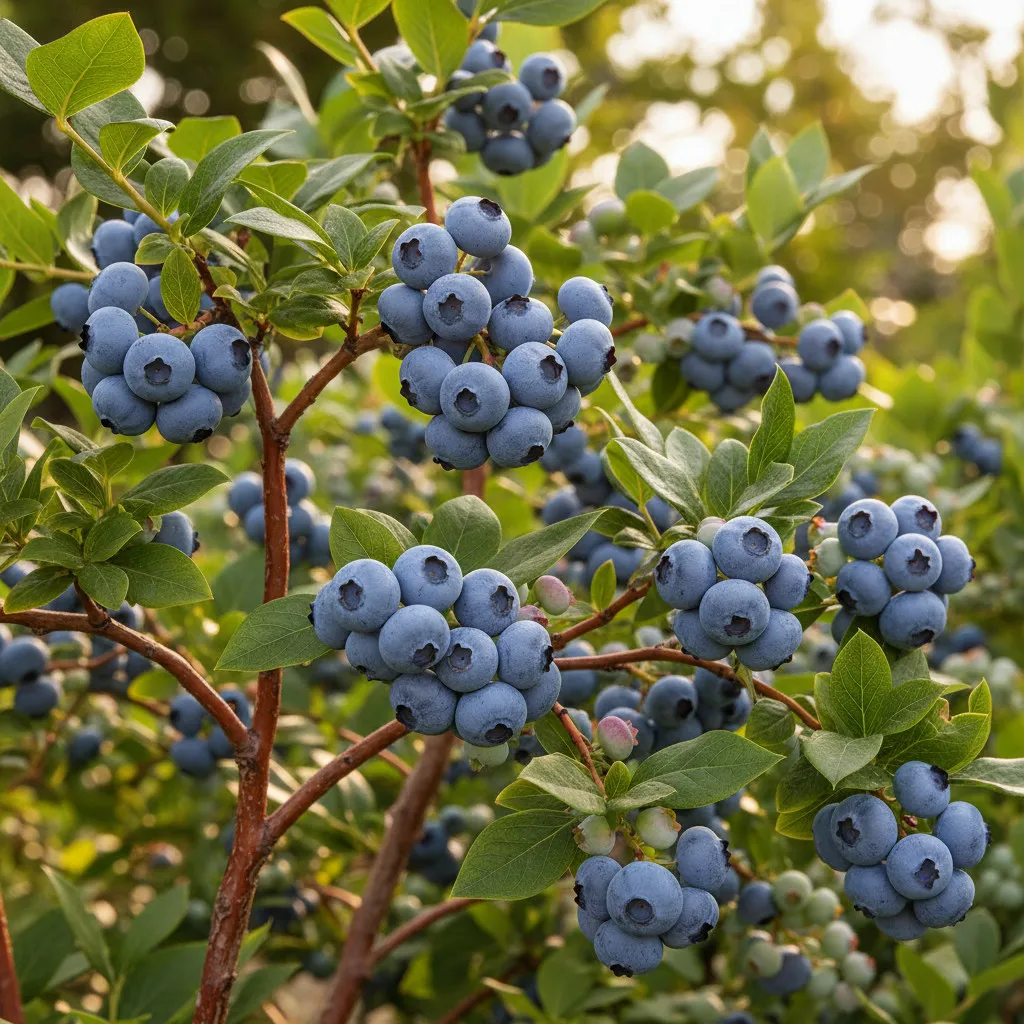Watermelon seeds are usually safe for people to eat, but chickens are different from us. They eat different things and their stomachs work in different ways. It’s important to know if watermelon seeds are okay for chickens to eat before you give them some to snack on.
Table of Contents
- What’s Good About Watermelon Seeds?
- What Chickens Need to Eat
- 1. Good Protein
- 2. Calcium for Strong Eggshells
- 3. Carbs for Energy
- 4. Fats for Good Health
- Is It Okay for Chickens to Eat Watermelon Seeds?
- 1. Can They Digest Them?
- 2. Can They Choke?
- 3. Should It Be Just a Treat?
- How to Make Watermelon Seeds Okay for Chickens to Eat
- 1. Make Them Dry and Take Off the Shells
- 2. Smash Them into Pieces
- Other Ways to Give Chickens Watermelon
- 1. The Red Part and Green Part
- 2. The Soft Inside and Juice
What’s Good About Watermelon Seeds?
Watermelon seeds are the little seeds inside the watermelon. They have a tough outside and are often black, white, or have stripes on them.
Seeds like these have a lot of things inside them that help plants grow. But when we think about what’s good for chickens, watermelon seeds might not have all the best stuff.
These seeds have protein, good fats, and important things like vitamins and minerals. You can find things like arginine, lysine, and tryptophan in them, which are kinds of amino acids.
They also have minerals like magnesium, iron, and zinc. But, the amount of good stuff in them might not be as much as what you find in chicken food made especially for them.
What Chickens Need to Eat
Chickens eat plants and animals, and they need different food than humans or pets. They need a balanced diet with all the right parts to stay healthy.
The main things in a chicken’s diet are:
1. Good Protein
Protein helps chickens grow muscles and lay eggs. They get protein from things like beans, bugs, seeds, and mealworms. Hens that lay eggs need even more protein.
2. Calcium for Strong Eggshells
Hens that lay eggs need a lot of calcium to make the eggshells. You can give them things like oyster shells or crushed eggshells to help.
3. Carbs for Energy
Carbohydrates give chickens energy. They like eating things like sprouted grains, vegetables, and fruit. It’s good to give them foods that are full of nutrients and don’t have too much sugar.
4. Fats for Good Health
Fats help chickens have healthy skin and feathers. You can give them foods with omega fats, like chia seeds or flax seeds.
Is It Okay for Chickens to Eat Watermelon Seeds?
Chickens can eat watermelon seeds, but you should be careful. The seeds have hard shells that might be hard for chickens to digest, and they could choke on them. If you make the seeds dry, take off the shells, and smash them into pieces, it can be safer. But remember to only give them a little bit at a time.
1. Can They Digest Them?
The hard shell of watermelon seeds can be a problem for chickens to digest.
Chickens don’t have special parts in their stomachs to grind up food like some birds do. They use their beaks and stomach juices to break down what they eat. So the hard shells of watermelon seeds might go through their bodies without getting all the good stuff out of them.
2. Can They Choke?
There’s also a chance that chickens could choke on watermelon seeds.
Chickens might try to swallow seeds whole, which could get stuck in their throat or gullet. You need to think about how big the seeds are and how big the chicken is to avoid choking accidents.
3. Should It Be Just a Treat?
If you give watermelon seeds to your chickens, give them just a little. Treats like the seeds should only be a small part of their food.
Their main food should be a full chicken food that has everything they need. If you give them different treats along with watermelon seeds, they’ll get a nice mix of foods to eat.
How to Make Watermelon Seeds Okay for Chickens to Eat
If you still want to give watermelon seeds to your chickens, you can do things to make them safe to eat:
1. Make Them Dry and Take Off the Shells
First, dry the seeds well and take off their shells. Drying lowers the chance of mold, and taking off the shells makes them easier for chickens to eat.
2. Smash Them into Pieces
Then you can crush or grind the seeds. This makes it easier for chickens to eat and get nutrients from them. But make sure the pieces are not too tiny because they could still choke on them.
Other Ways to Give Chickens Watermelon
If you’re worried about the seeds, you can give your chickens other watermelon treats:
1. The Red Part and Green Part
Chickens can eat the red and green parts of a watermelon. Just cut the fruit into small pieces for them. Watermelon has a lot of water in it, which is great for keeping chickens cool in hot weather.
2. The Soft Inside and Juice
You can squeeze out the soft part and juice of the watermelon and give it to your chickens. This way, they can still enjoy the taste and vitamins without worrying about the seeds.So, watermelon seeds are not bad for chickens, but you need to think about a few things before giving them. They might not digest the seeds well, and there’s a chance they could choke. Always make sure they eat the right food first, with treats now and then.
If you choose to give them seeds, dry them, remove the shells, and break them up. But remember, treats like seeds should only be a little bit of what they eat.
Instead, you can give them the juicy and rind parts of watermelon which are still tasty and keep them hydrated, without the worry of seeds.
Also, keep an eye on how your chickens react to new treats, and ask a vet or a chicken food expert if you have questions about their diet.
